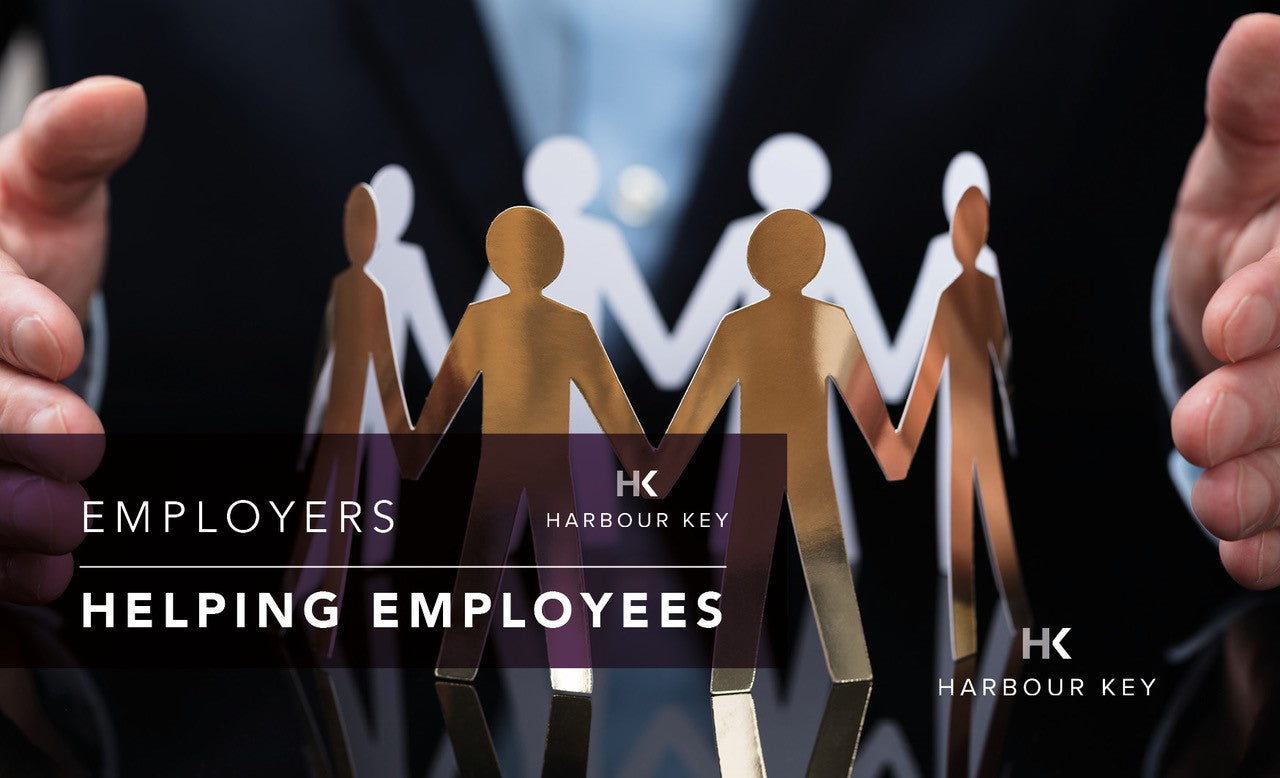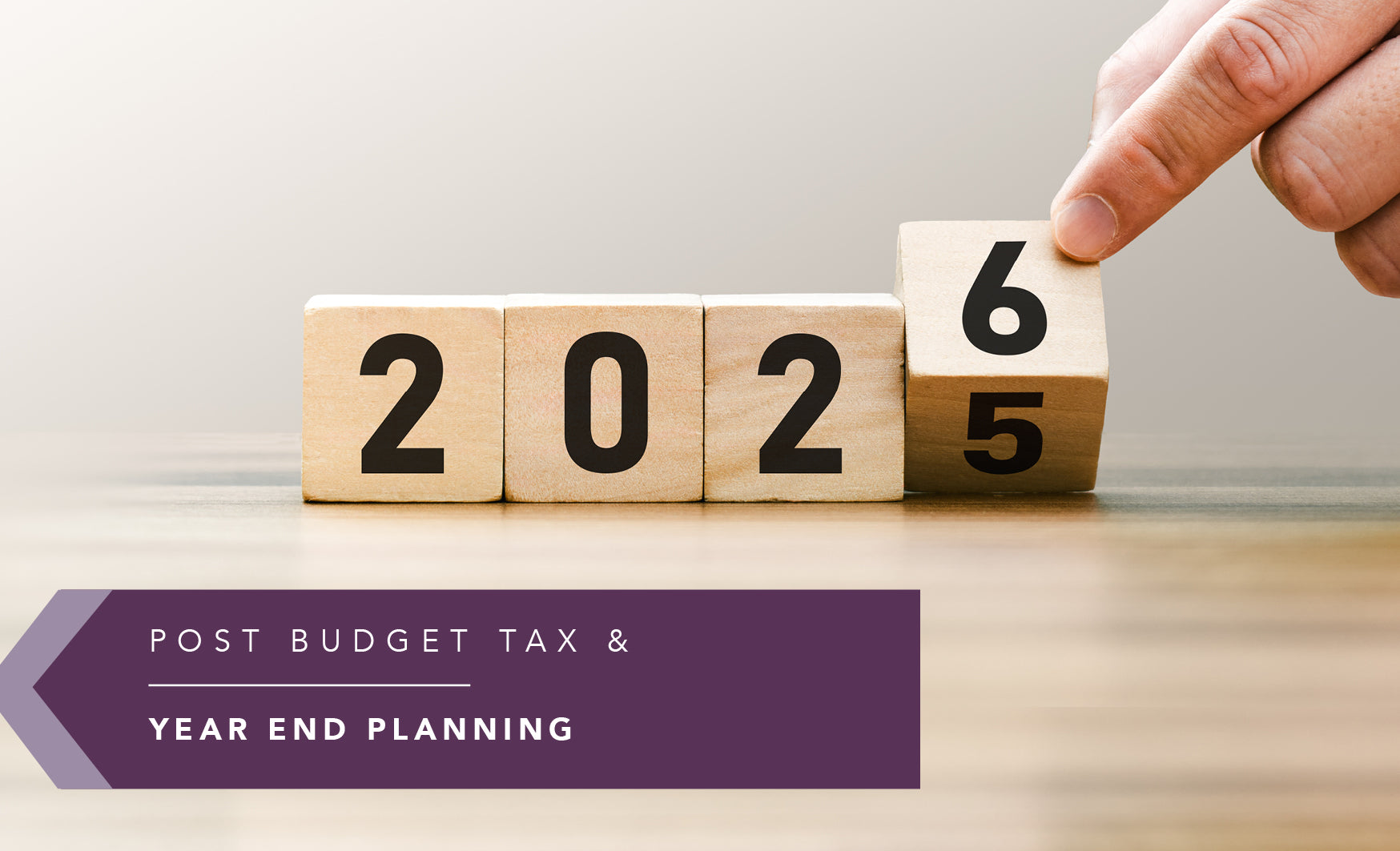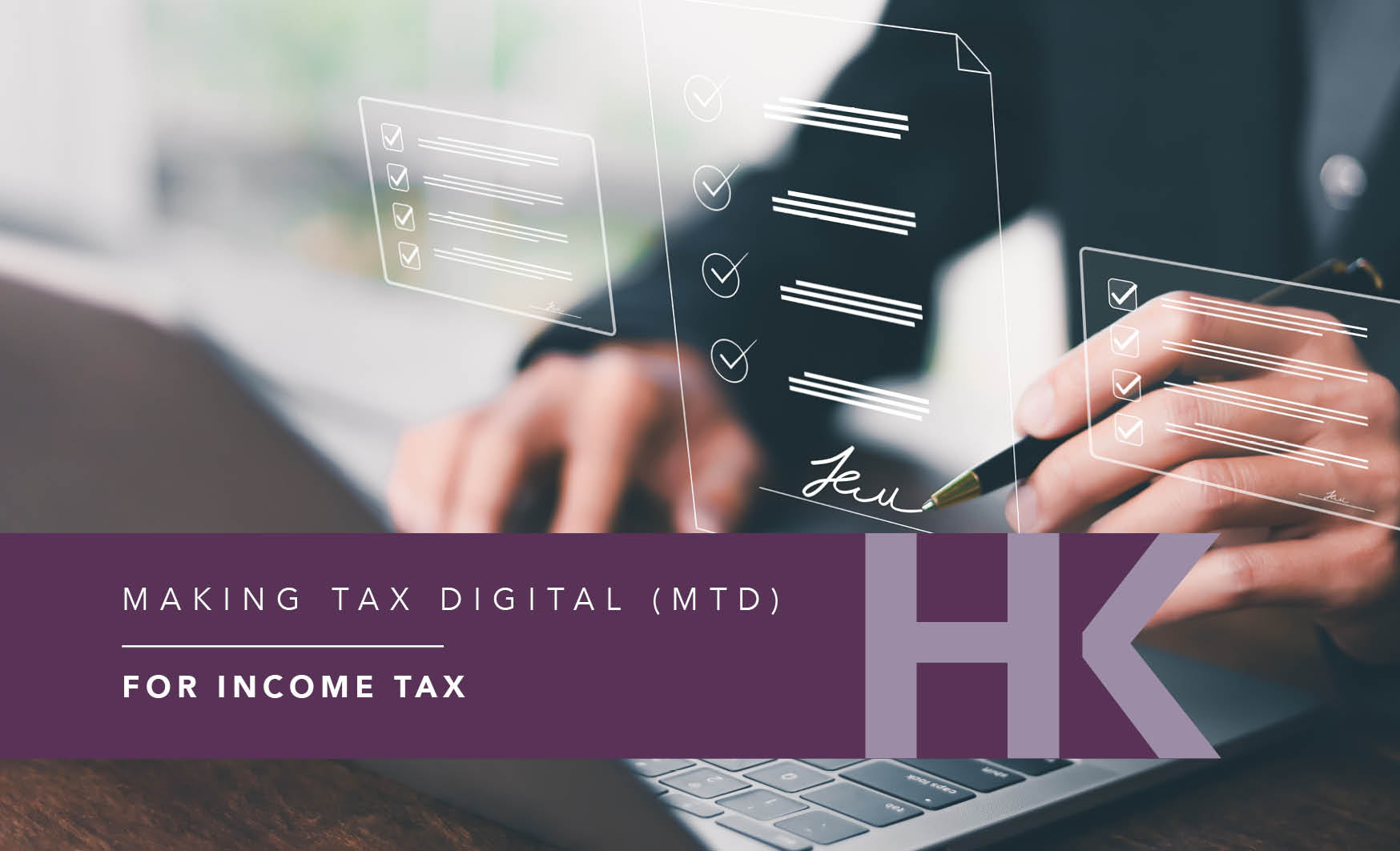
Following on with our theme of providing our clients with advice and support in these testing times, this month we take a reverse approach. As the cost-of-living crisis encourages employers to think creatively about how to support and help their employees, we look at how offers to help can fail to deliver, even having a detrimental impact, particularly for the low paid. We have had a number of queries from employer clients looking for steers on ways to support employees and thought it would be good to share this.
Can I pay my employees' energy bills or contribute to them?
- Reimbursement - If the employer reimburses an employee for an energy bill (or any other bill that is in the employee’s name) this will be treated as earnings for both income tax and Class 1 NIC, collected via PAYE;
- Employer settles the employee’s bill direct – If the employer pays the energy provider direct on behalf of the employee, the NIC treatment (Class 1) is the same as for reimbursement, however the cost is reported on a P11D for tax purposes. An energy provider may be prepared to issue a bill in the name of the employer but whether or not this happens the underlying supply contract will remain between the employee (i.e., the energy customer) and the energy provider. This means this form of payment will also be treated as earnings;
-
Salary sacrifice - is a very common mechanism for delivering benefits in kind tax efficiently to employees. However, if this was used to help pay an employee's energy costs, due to changes to the rules in 2017, on a pound for pound basis, the tax treatment is the same as listed above for reimbursement and paying direct, therefore probably not a worthwhile option for employers to consider. Salary sacrifice works for tax free benefits and could be used to save the employee with costs in other areas, for example mobile phone, or an electric car. More details can be found in our June newsletter employee benefits;
-
Working from home - If the employee is contractual required to work from home, the potential exists to treat some of the energy costs as a business expense and can be exempt from tax and NIC. An employer can reimburse an employee for additional household expenses for those who are required to work from home, and no requirement to report or pay tax if both of the following apply;
the amount the employer gives the employee is not more than their additional household expenses or the amount you give them is not more than the current weekly limit, which is £6, or £26 for employees paid monthly;
- Making a loan – An employer can make an interest free loan. If the loan is capped at less than £10,000 then it has no tax or NIC implications and it is not reportable by the employer on a P11D. An employer can agree repayment over whatever terms are agreed. If a write off occurs, then the sum involved will be treated as taxable income. The terms of the loan should not include any intention to write it off at the outset as this will see HMRC treat the loan as earnings from the start.
What is the tax impact of paying my employees more or a one-off bonus?
Boosting incomes is perhaps the most obvious way in which employers can support employees and will likely have the most immediate impact.
The starting point, is the obvious answer, that it will cost more in tax and NIC, but the employee is still better off, as still in receipt of more cash, or are they?
Increasing wages, may impact an employee’s means-tested benefits, in particular universal credit. Universal credit is a monthly payment. Broadly, the amount of universal credit a person is entitled to is based on their personal circumstances, their capital and other income, and importantly their net pay in a monthly assessment period. Every time an employer pays someone, a copy of the Real Time Information (“RTI”) payroll data for PAYE reporting is sent to HMRC. This RTI data is shared by HMRC with the DWP for universal credit purposes.
From an employee’s perspective, earning more means that things like tax and National Insurance might increase, as well as sometimes paying more in pension contributions. But it may also impact on the amount of universal credit the employees receive, as the higher their wages, the less universal credit they get, and it may be the case with taxation that the increase does not replace the benefit or part of it which is withdrawn.
For universal credit purposes, there is a 55% withdrawal rate on net pay, therefore the impact of an increase in pay must be looked at for each individual’s circumstances who is in receipt of universal credit. In addition, employers need to consider whether any passported benefits, for example free school meals, health costs, can also be impacted, if there is a change in the individual’s universal credit position.
The employer may not be able to afford an ongoing increase in pay or hours but may prefer to top up an employee’s pay with a one-off cost of living payment. However, for some lower paid employees who are near the edge of eligibility for universal credit, a one-off bonus could mean that their income in the universal credit assessment period is high enough to leave a nil universal credit award and close the claim, requiring another claim to cover the next assessment period. If someone receives a very large bonus or earns much more than usual in one month, this may also affect their universal credit payments in later months. This is known as surplus earnings and creates another level of complication for an employee.
An alternative may be an interest free loan, which as per above is tax free if the loan doesn’t exceed £10,000 in the tax year. Benefits in kind that are not taxable are not treated as income for universal credit. It is of note that ‘employed earnings’ for universal credit are defined as any amounts that HMRC treat as ‘general earnings’ – but leaving out any amounts treated as earnings under the benefits code. This means that benefits in kind which HMRC would normally treat as earnings, are not currently treated as income for universal credit purposes. (Please note that benefits in kind are treated differently for tax credits, so as working tax credit).
Other solutions may not leave employees worse off or inconvenienced from a universal credit perspective but may still require careful thought where you have low paid employees. For example, implementing a salary sacrifice scheme to help employees with pension saving cannot only save them employee NIC but the reduction in contractual pay can increase their universal credit award. However, remember that strictly those at or near the minimum wage should not participate in salary sacrifice – and some lower paid employees may lose out in other ways which will require careful consideration.
Can I pay my employees petrol costs to get to work?
An employer can only reimburse an employee for fuel costs for business journeys, the daily commute to a workplace, whether this is from home, or any other location is not classed as business-related. Therefore, the reimbursement or payment made to help the employee with their fuel costs will be a taxable benefit collected via PAYE.
For business journeys, an employer can reimburse the employee 45p for the first 10,000 miles and 25p thereafter (not applicable to electric vehicles). Some employers may want to pay or reimburse employee business mileage at more than these HMRC ‘approved’ rates, however this brings with it an administrative burden for employers as well as tax and NIC implications for employees, as well as a potential knock-on effect for universal credit.
Following some confusion over the tax status of business mileage rates, the Government has confirmed that tax-free payments are capped at 45p per mile. In the Government announcement, it was confirmed that businesses cannot reimburse costs over the 45p rate regardless of the price of fuel. Any rates paid over the benchmark will be liable for income tax and NIC.
My employee’s car has failed its MOT, and they can’t afford to replace, can I buy them a car?
Yes, you can buy them a car, and this will help the employee get to work, however there will be tax and NIC implications, which are the same for paying the employee’s energy bills, as explained above.
Again, a loan could be considered to support the employee, which as explained previously if less that £10,000 is a tax-free benefit. Alternatively, a company car could be considered, which would be a taxable benefit in kind, but could be a tax efficient if an electric or low emissions car was provided.
Increasing pay is a costly solution that might not help all employees as cash awards attract tax and NIC deductions, and impact entitlement to universal credit and other benefits such as child benefit. In addition, the experience of many employers is that the initial positive impact on employee engagement is often short-lived as employees quickly get used to their new earnings.
A more effective and impactful alternative may be to cover some of your employee costs. In many cases this can be done without attracting tax and NIC or impacting on universal credit and other benefits, some of which are detailed in our June article.
HMRC do also provide a help sheet (HS207) which provides a summary of non-taxable payments or benefits for employees, which depending on the size and operation of a business, may be relevant.
None of the difficult tax and universal credit interactions mentioned here are arguments for employers not to help staff. If anything, they are arguments that the tax and benefits rules for lower paid employees need to be looked at. The point is when looking to help employees, thought has to be given to the wider impact and communication with the employee.
Much detail in the above, but should you wish to discuss any point in the article, please do not hesitate to contact the office.



